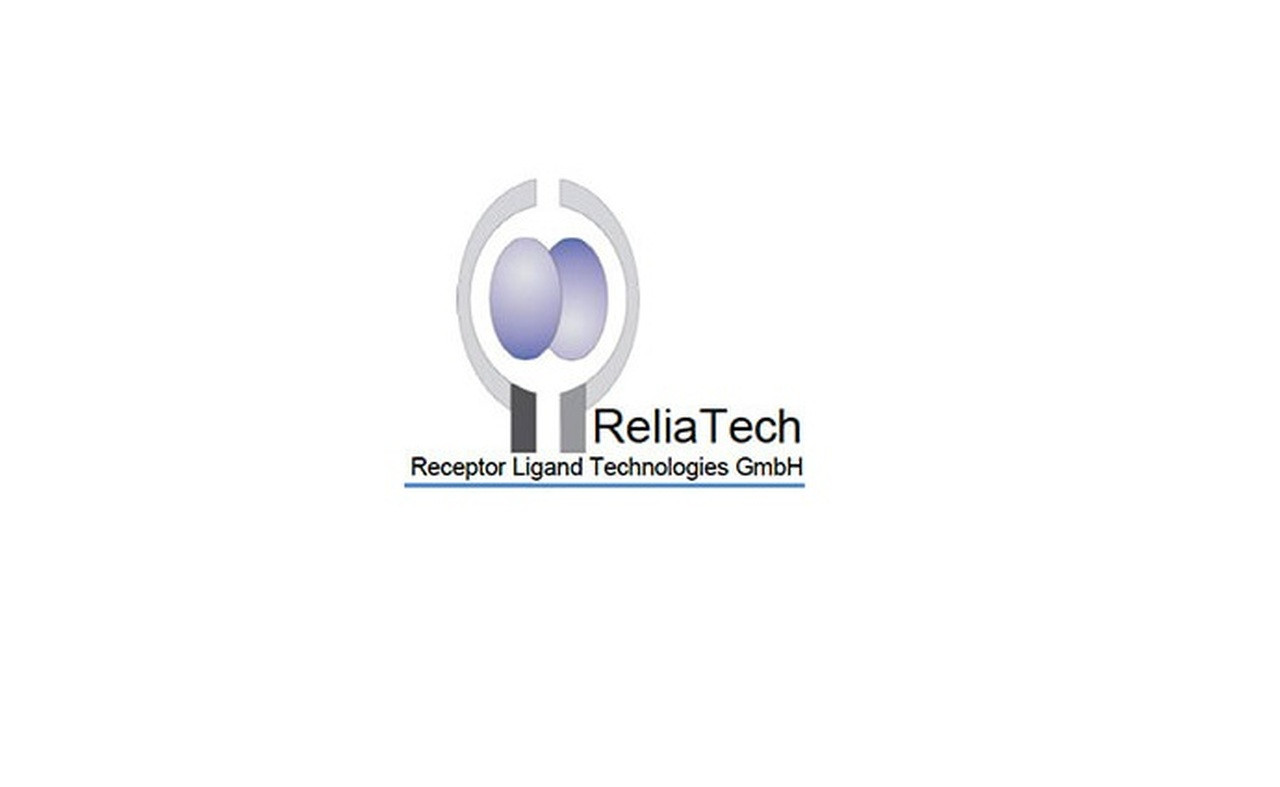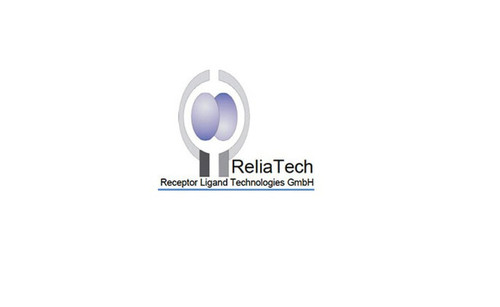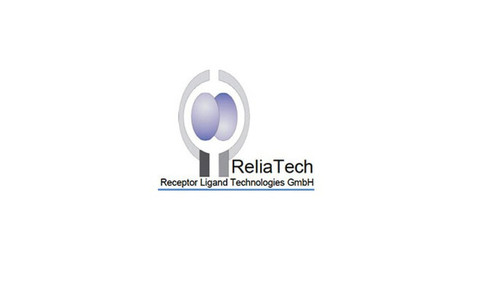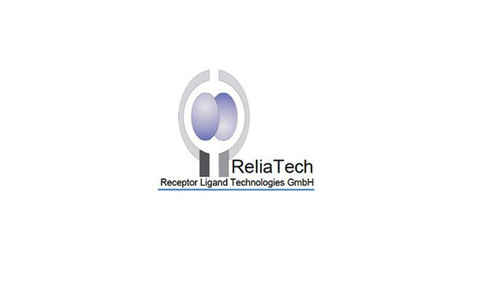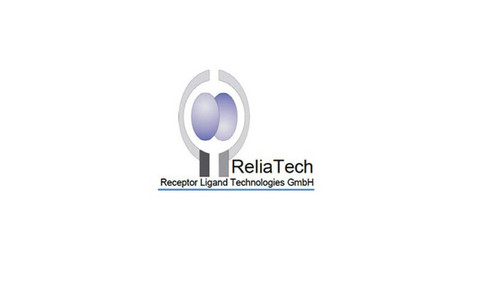Product Description
Mouse Anti-Human BMP-8 Antibody | 101-M239 | ReliaTech
Species: Anti-Human
Host / biotech: Mouse
Comment: N/A
Label: N/A
Clone / Antibody feature: (#1M37)
Subcategory: Monoclonal Antibody
Category: Antibody
Synonyms: BMP8B; OP2; BMP8
Isotype: IgG2
Application: WB
Detection Range: N/A
Species Reactivity/Cross reactivity: Human
Antigen: Recombinant human BMP-8
Description: BMP8, also known as osteogenic protein 2 (OP2), was first isolated from a hippocampal library in a screen to identify relatives of BMP7/ OP1. BMPs are a family of structurally and functionally related proteins and represent a subfamily of the transforming growth factor β (TGFβ) superfamily. BMPs are involved in a wide range of processes including embryogenesis, tissue morphogenesis, cell differentiation and migration, and tumorigenesis. Cellular responses to BMPs are mediated by heterooligomeric complexes of type I and type II serine/threonine kinase receptors . BMP8a and BMP8b, produced from separate genes, share 98% aa sequence identity in human but only 74% in mouse within the mature regions. Human BMP8a is synthesized as a 402 aa precursor protein that is cleaved between Arg263 and Ala264 to release the Cterminal mature protein. Mature human BMP 8a shares 90% and 68% aa sequence identity with mouse mature BMP8a and 8b, respectively. BMP8a is expressed during pregnancy in the deciduum and trophoblast cells, by inner root sheath cells of developing hair follicles, and by the epididymis and spermatids). In the mouse it cooperates with BMP7 in the maintenance of spermatogenesis but is not required for the initiation of spermatogenesis (7, 8). BMP8b, in contrast, is required for both the initiation and maintenance of spermatogenesis. BMP8a is induced during osteoblast differentiation at the onset of mineralization and during the osteogenic phase of bone repair in osteoblasts and osteocytes (1012). BMP8a/b is also highly expressed in osteosarcomas.
Purity Confirmation: N/A
Endotoxin: N/A
Formulation: lyophilized
Storage Handling Stability: Lyophilized samples are stable for 2 years from date of receipt when stored at -20°C. Reconstituted antibody can be aliquoted and stored frozen at < -20°C for at least six months without detectable loss of activity.
Reconstituation: Centrifuge vial prior to opening. Reconstitute the antibody with 500 µl sterile PBS and the final concentration is 200 µg/ml.
Molecular Weight: N/A
Lenght (aa): N/A
Protein Sequence: N/A
NCBI Gene ID: 656
 Euro
Euro
 USD
USD
 British Pound
British Pound
 NULL
NULL

